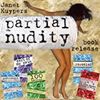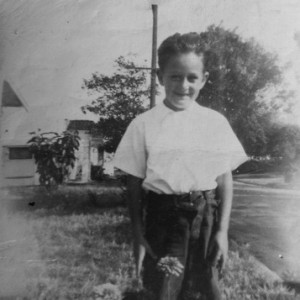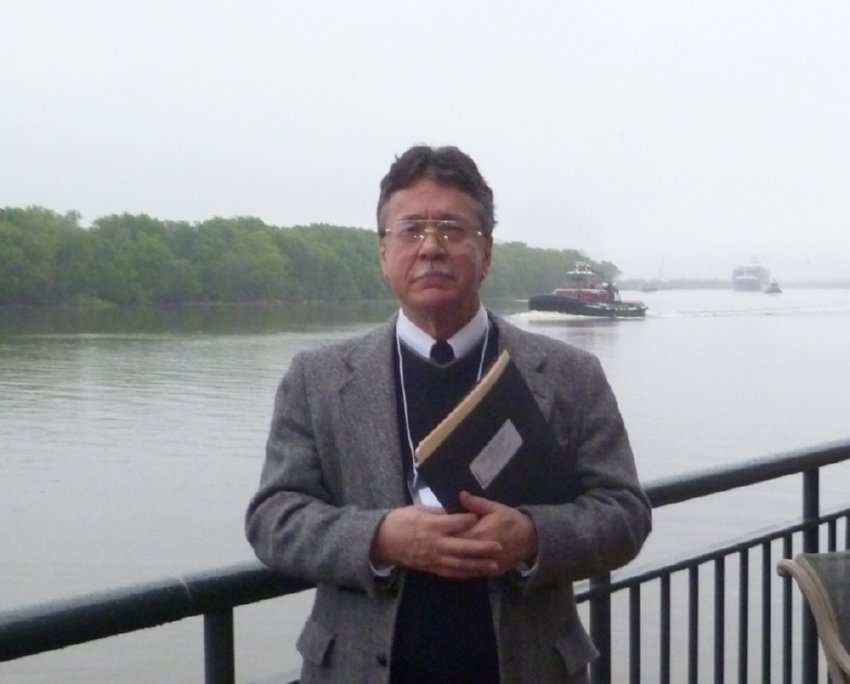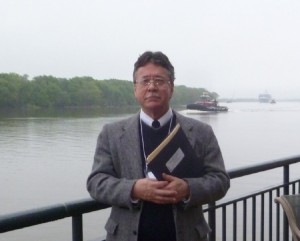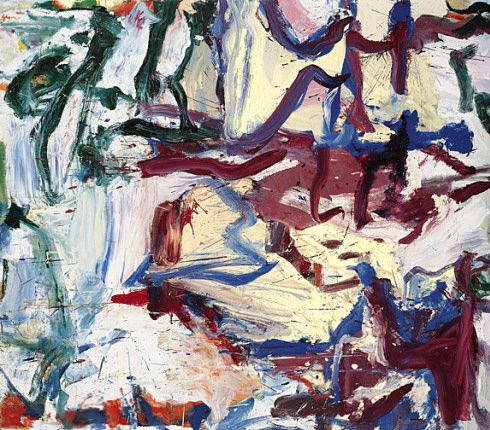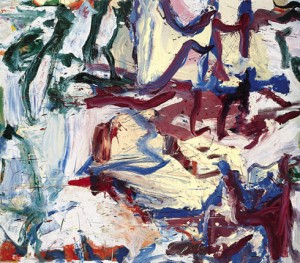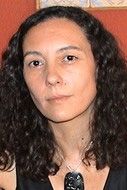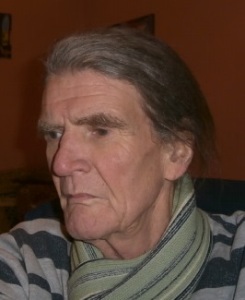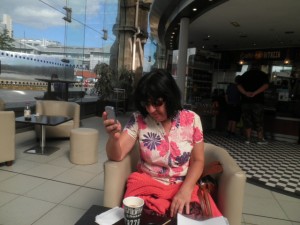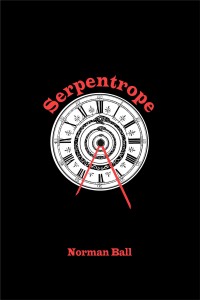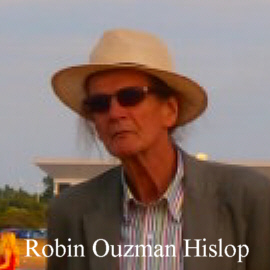“out”
spirits inside you
want to come out and scream their
story to the world
“of his thirst”
of my dead Scotsman,
they spoke of his drinking, but
never of his thirst.
“close”
death’s an animal
perched under your bed, waiting for
you to close your eyes
“floor”
Writhing on the floor,
bruised, she cried, begged for an end.
I had to kill her
“extinct”
when they go extinct
do we study the mistakes
or just study bones
“last”
But I have to drink
more. The burning doesn’t last
as long as you do.
“scorches”
Take the final swig.
It burns it’s way down your throat.
It scorches your tongue.
“organs”
I have to take showers,
scrub skin, rip out organs, to
rid myself of you
“choke”
Trapped, she felt a chill,
like a goose walked on her grave.
She chokes with his touch.
“explosions”
(bonus line haiku)
“H-bomb explosions”
reach temperatures as hot
as the first second
of the Universe
“fit”
amazing how much
of your life you can fit in
a single suitcase
“feel”
I feel nothing but
the intensity you feel.
Your thoughts cut my face.ant”
“Pant”
waves are crashing, and
the moon’s phases are changing
to a rhythmic pant.
“Civil”
a civil war is
raging in me, and I want
a revolution
“need”
I need to record
these things to remind myself
that I am alive
“kill”
they tried to kill me
but I survived. Lucky me.
But, what have I won
“John’s Mind”
human beings are
the only creatures with thought.
that’s why we have gods.
“run”
although I hate you
I’ll never let go, so you’ll
have to run faster
“mirror”
I look and see all
that you’ve affected. The world,
this house. The mirror.
“keep”
you work harder than
men for less pay, so keep up
the good work, ladies
“timing”
just when you feel hope,
then they take it, quickly. it’s
all in the timing
“Two Not Mute Haikus”
I
Just sit quietly.
Rapes, beatings, torture and pain.
We can beat you down.
II
You can’t be quiet.
Try to fight the world’s evils —
Even with just words.
“free”
I ain’t got money
and what do you mean to me
when nothing’s for free’
“groove”
Records? I’m vinyl.
Your needle’s been in my grooves;
through every ridge, pore.
“console”
canned condolences
were all I heard when I lost
the love of my life
“form”
if we’re cast in stone
I’d watch your form forever,
frozen by your side
“knowing”
fallen to my knees,
I can feel my chest cave in
knowing it’s my time
“oil”
flowers on the water
broke the oil seeping up from
the submarine grave
“cage”
this pain in my chest,
pounding, heaving, throbbing, like
it’s trapped, in a cage
“evil”
like cream in coffee,
evil explodes into a
mushroom cloud and spreads
“difference”
when putting same clothes
on angels and demons, you
can’t tell them apart
“blood”
left with you there, I
watched us become blood-
thirsty animals
“fog”
fog envelopes me
it’s a thick, powerful force
that doesn’t let go
“upturn”
with blurred eyes, hollow
upturned tortoise shells look like
battle casualties
***
Janet Kuypers is a professional performance artist, and is a writer, an art director, webmaster and photographer. She was even the final featured poetry performer of 15 poets with a 10 minute feature at the 2006 Society of Professional Journalism Expo’s Chicago Poetry Showcase. This certified minister is even the reverend.
She sang with the acoustic bands “Mom’s Favorite Vase” and “Weeds and Flowers”, and on occasion she still performs in “the Second Axing”, and does music sampling. Kuypers has over 70 books published and close to 40 audio CD sets released, and is published in books, magazines and on the internet around thousands of times for her writing and art work in her professional career, has been profiled in such magazines as Nation and Discover U, won the award for a Poetry Ambassador and was nominated as Poet of the Year. She has also been highlighted on radio stations, and has also appeared on television for poetry repeatedly.
She turned her writing into performance art on her own and with musical groups, and ran a monthly Podcast of her work for years, as well mixed JK Radio — an Internet radio station — into Scars Internet Radio (radio stations ran 2005-2009, and there are plans to start the radio stations again in 2011). She ran the Chaotic Radio show through BZoO.org and chaoticarts.org (2006-2007). She has performed spoken word and music across the country – in the spring of 1998 she embarked on a national poetry tour, with featured performances, among other venues, at the Albuquerque Spoken Word Festival during the National Poetry Slam; her bands have had concerts in Chicago and in Alaska; in 2003 she hosted and performed at a weekly poetry and music open mike (called Sing Your Life), and from 2002 through 2005 performed quarterly performance art. Starting in 2010 Janet Kuypers also hosts the weekly Chicago poetry open mic at the Cafe (http://www.chaoticarts.org/thecafe), where she also runs a weekly poetry podcast.
You can see video links and short poems as tweets at http://twitter.com/janetkuypers, and all of her book releases and video releases from the Cafe and her performance art shows can be seen at http://www.facebook.com/janetkuypers, but to ever learn more about her you can see her publishing organization, Scars Publications, on line at http://scars.tv, or you can learn about her at http://www.janetkuypers.com.
***
